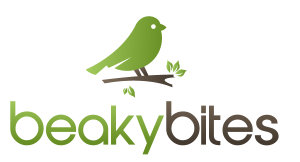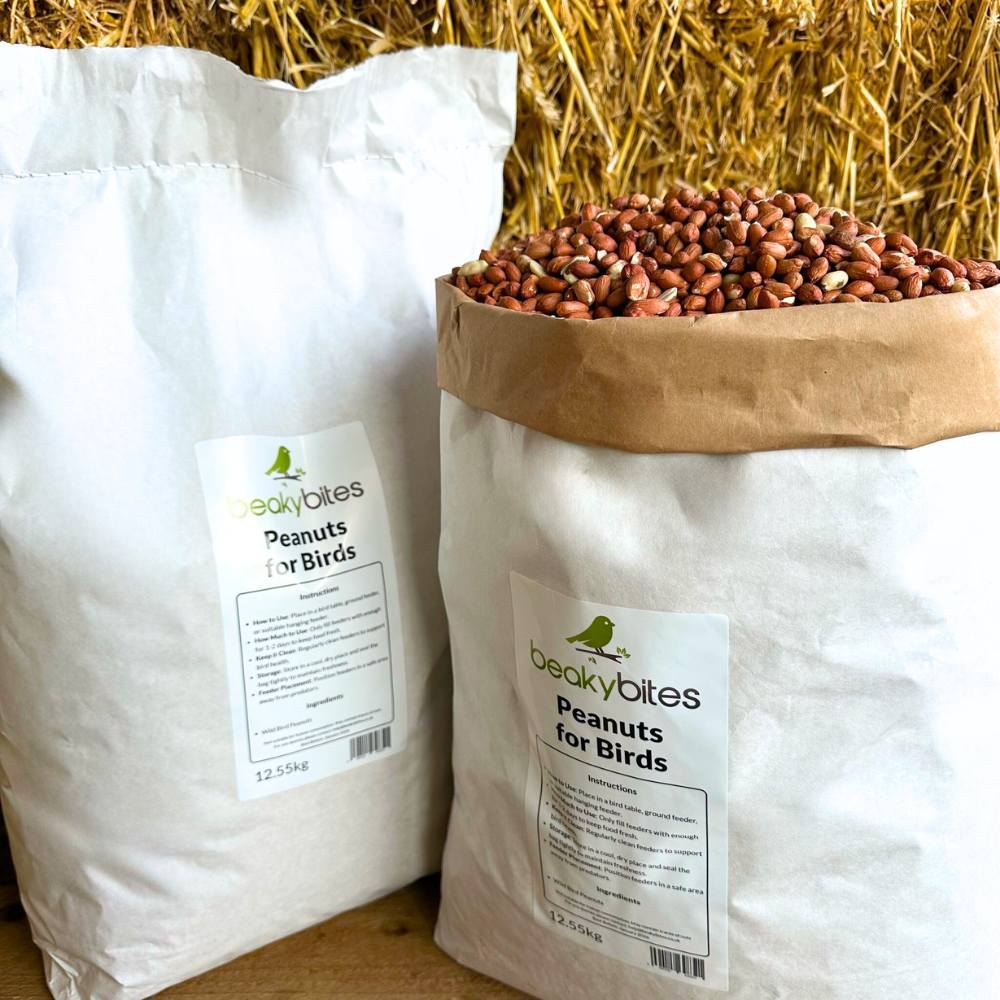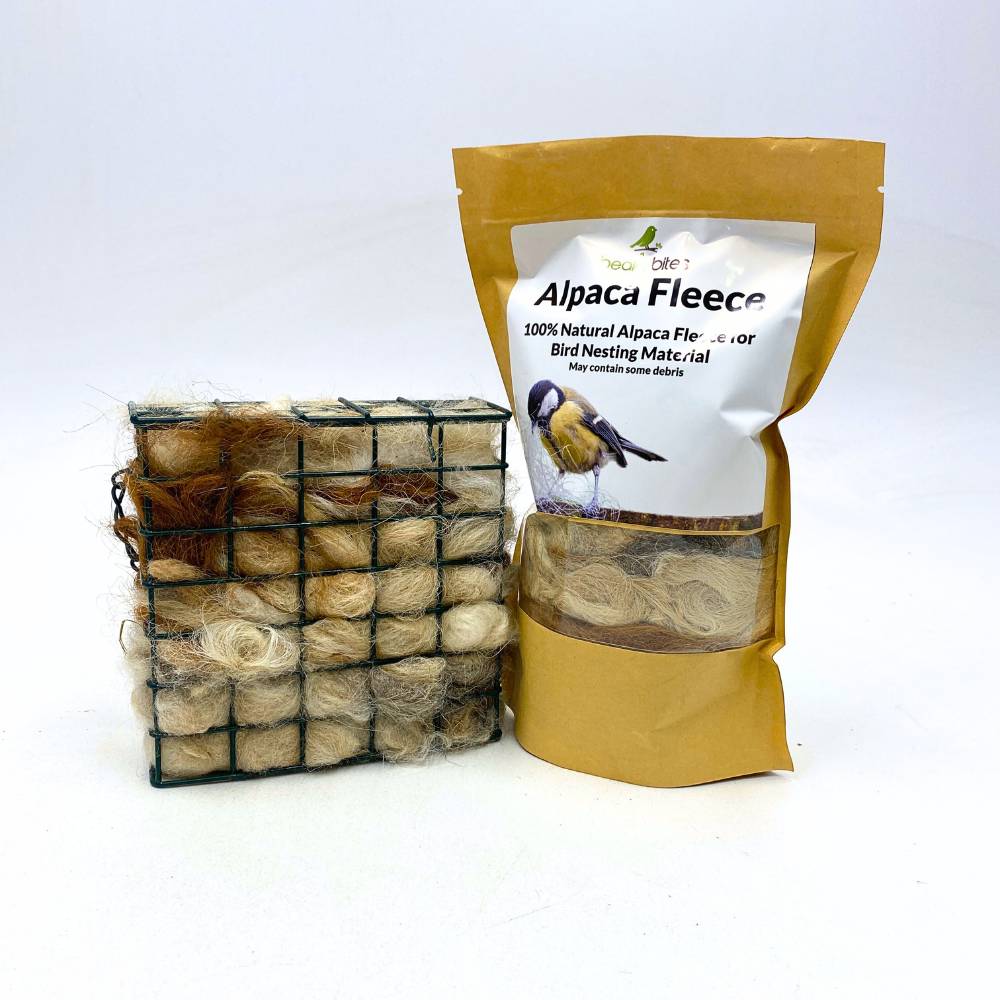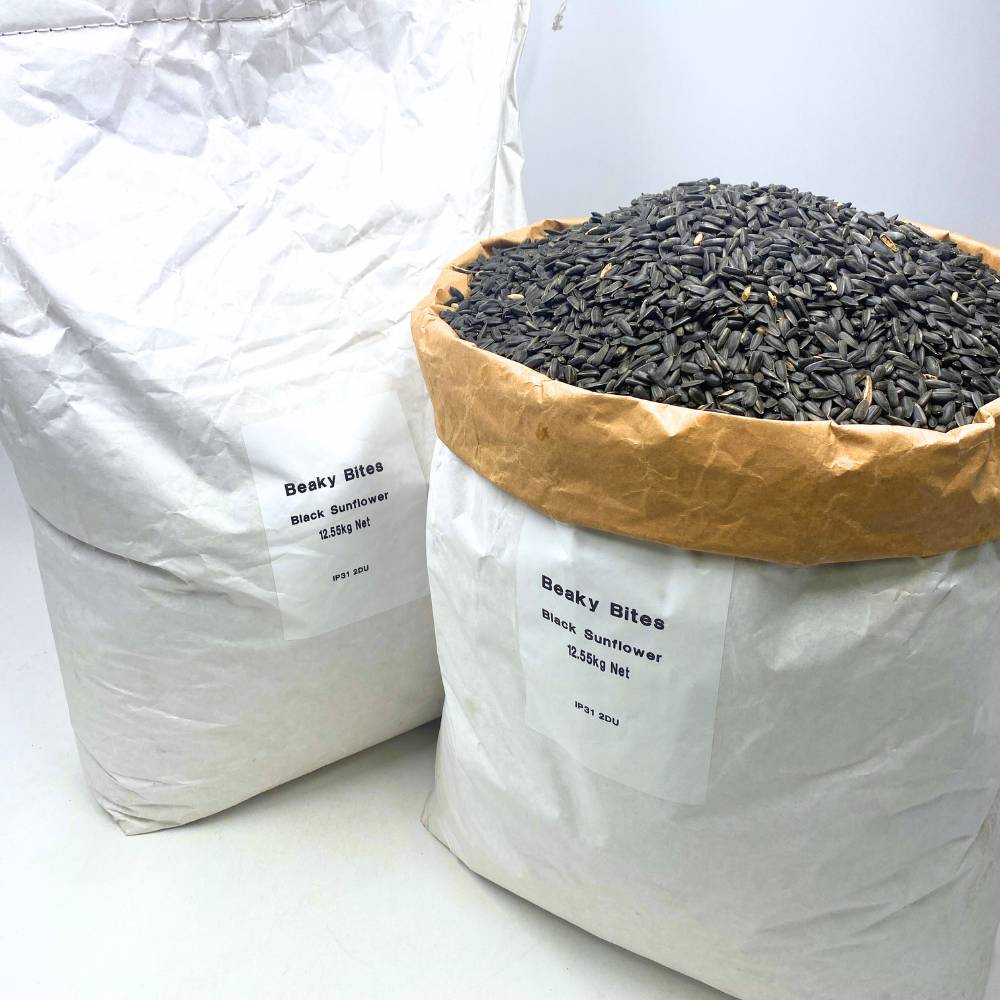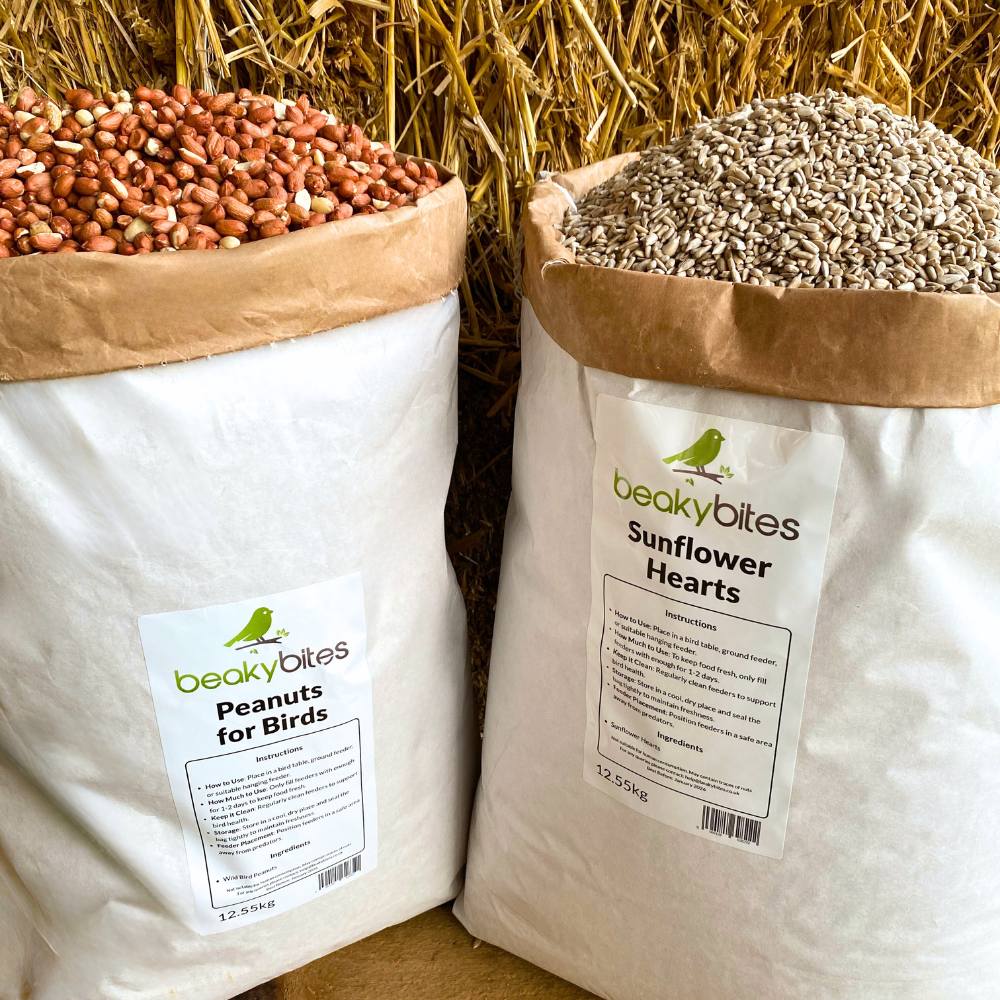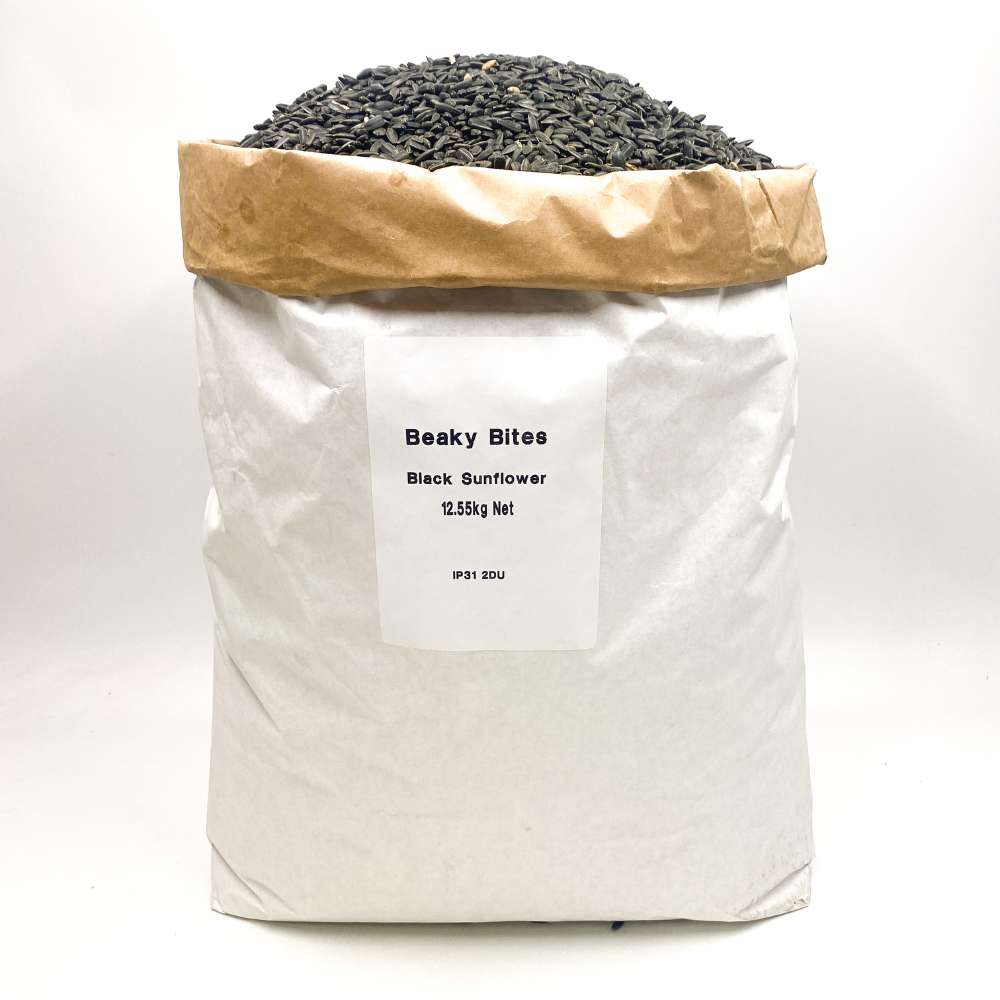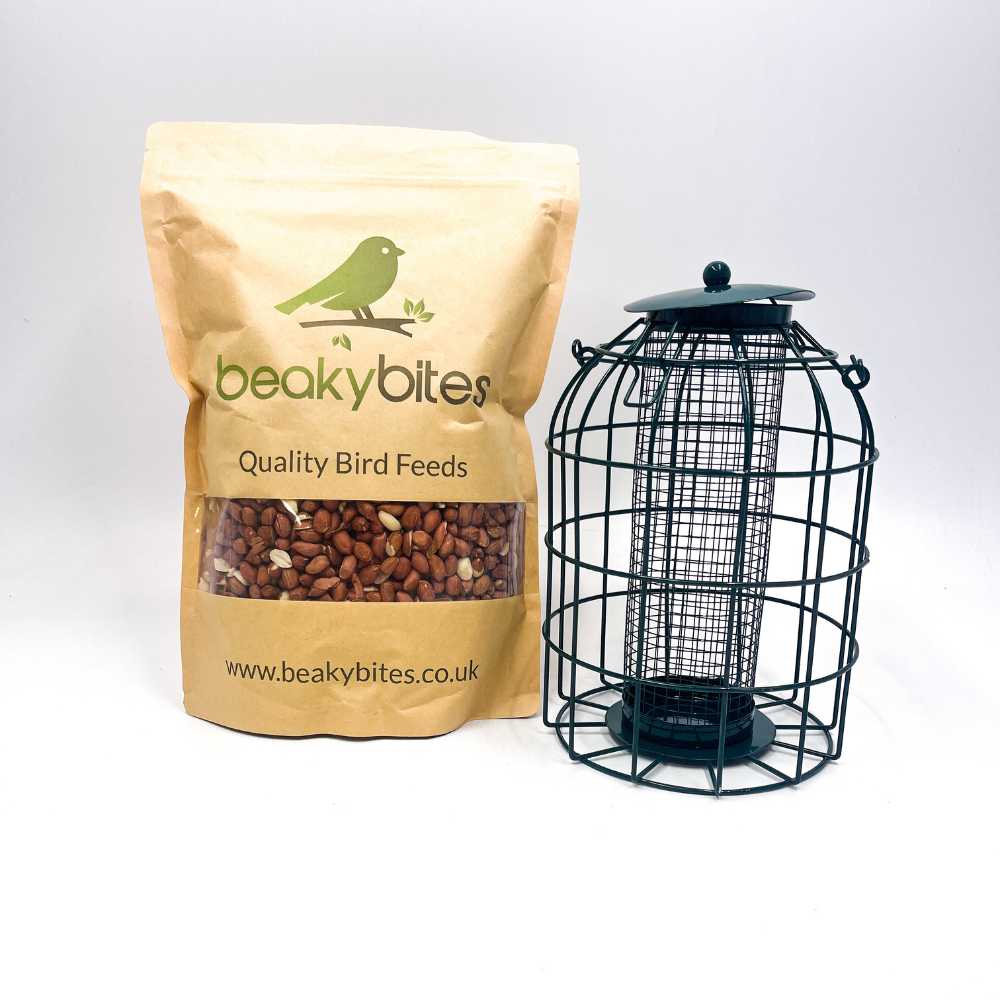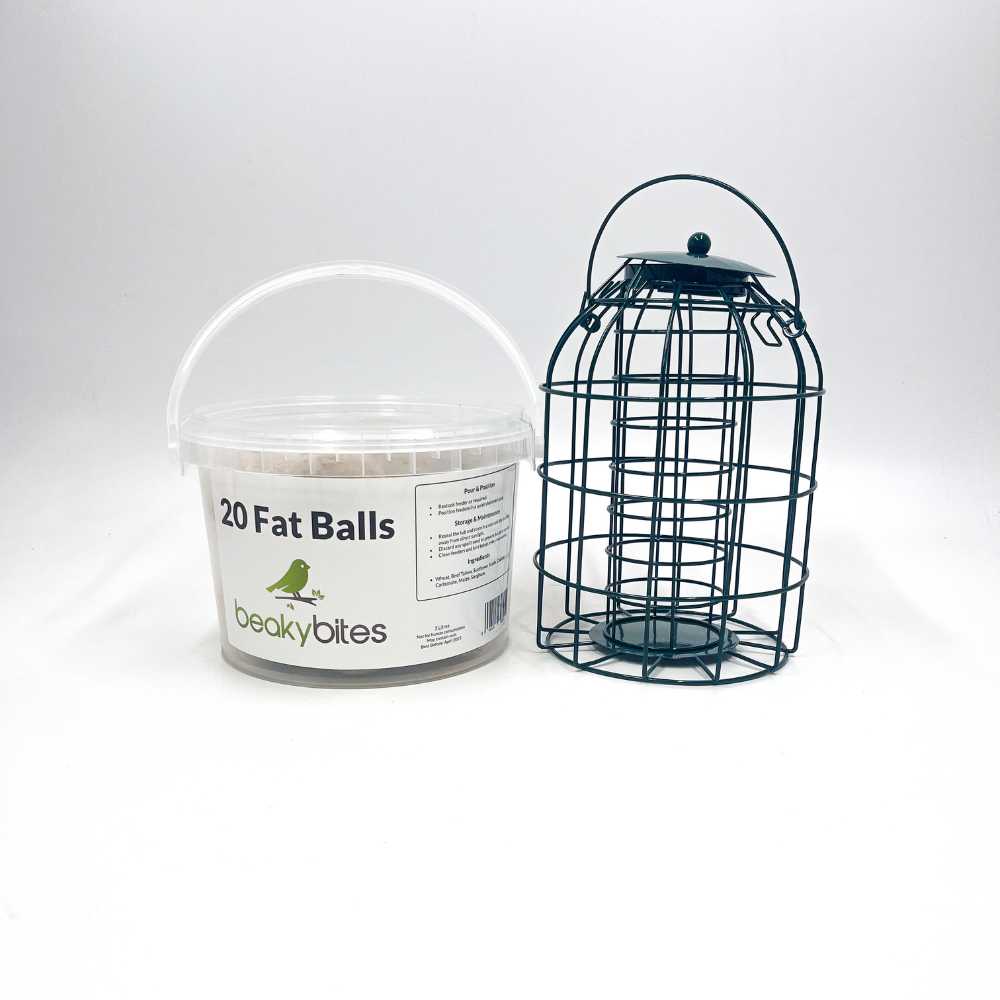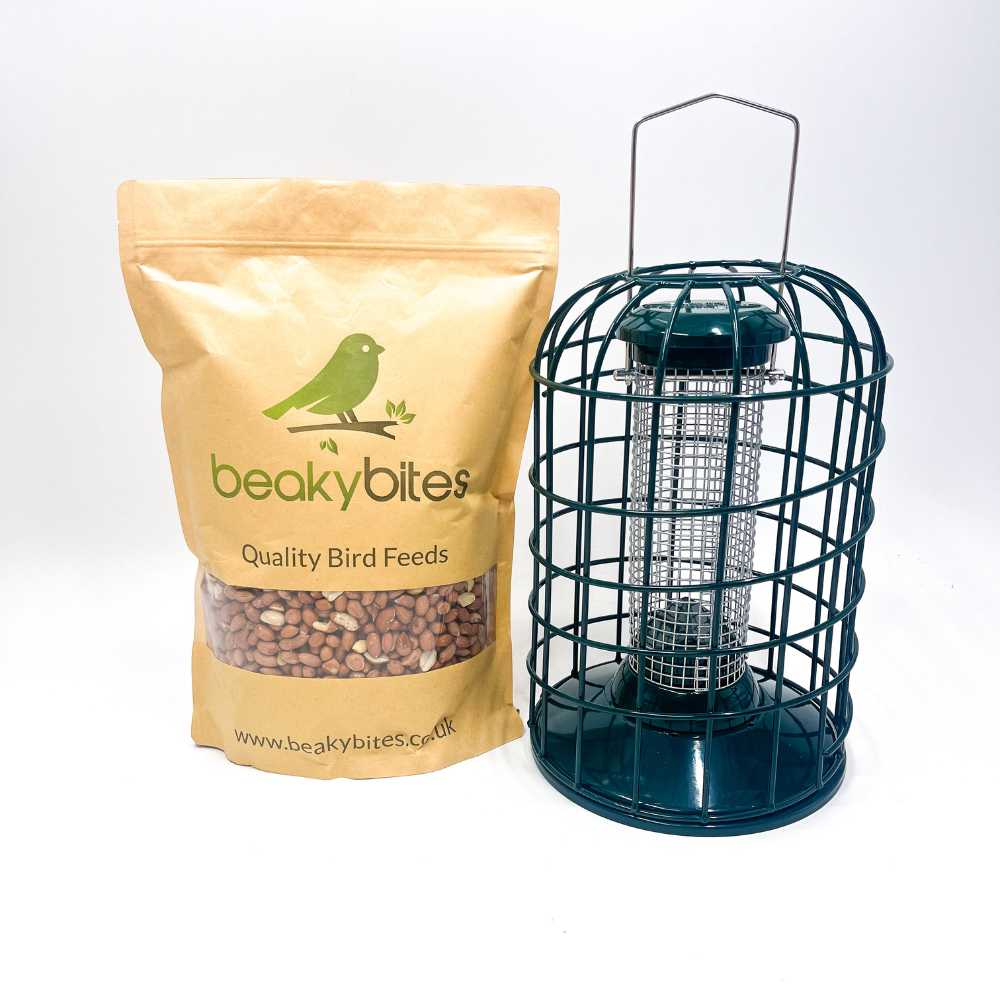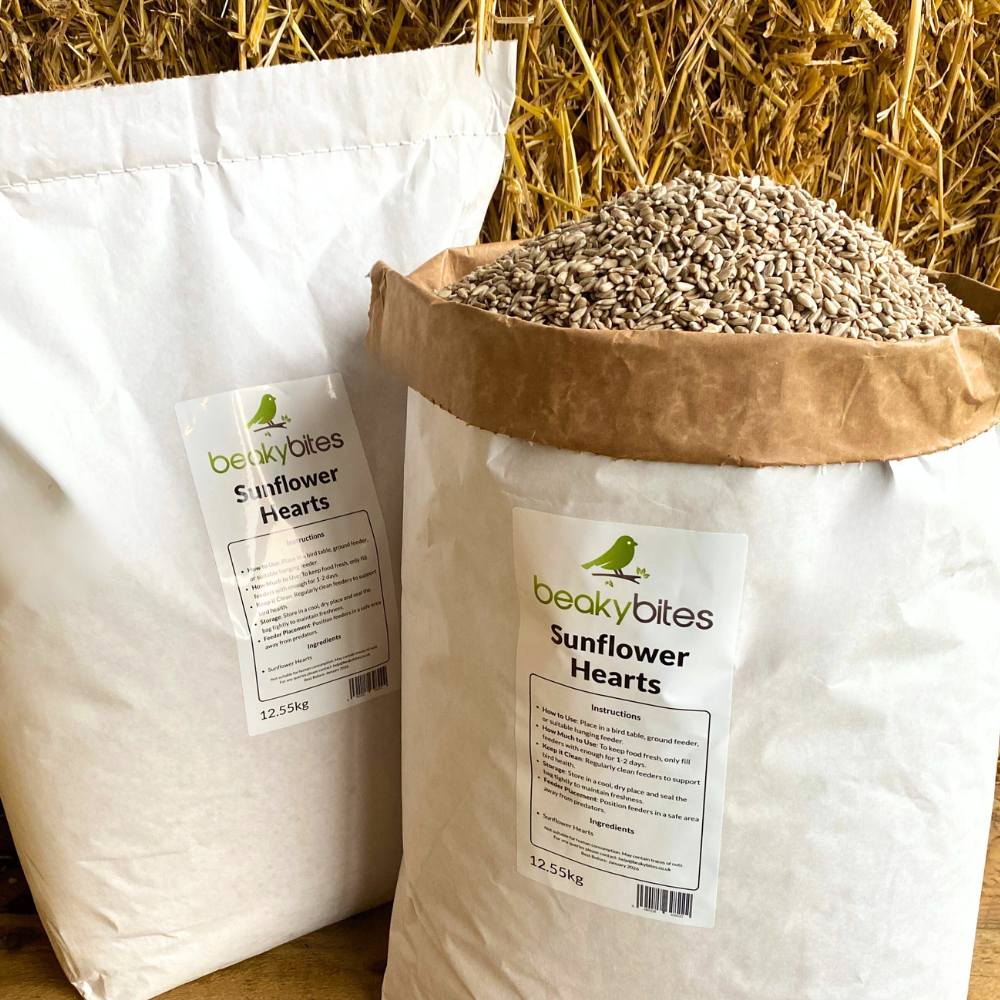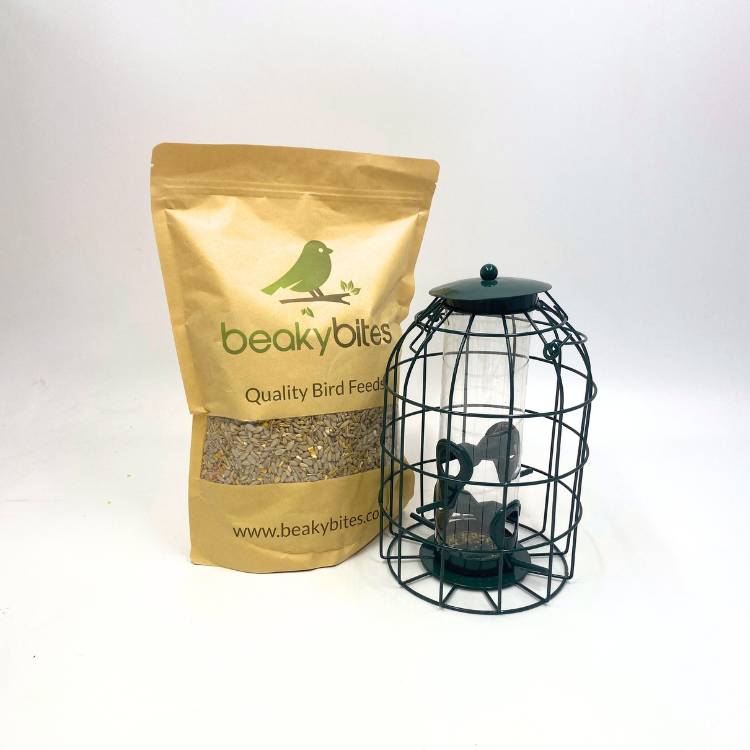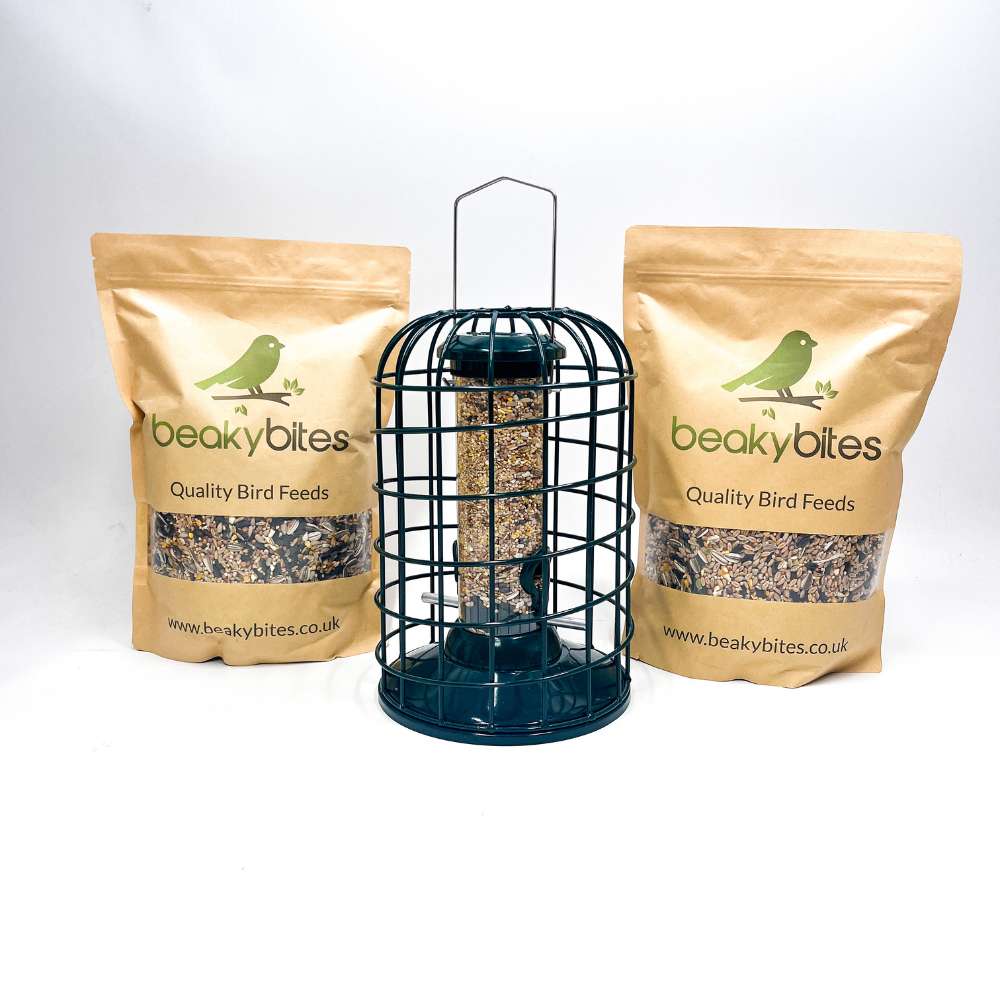When is the Best Time to put out Bird Food: Seasonal Guides to Bird Feeding
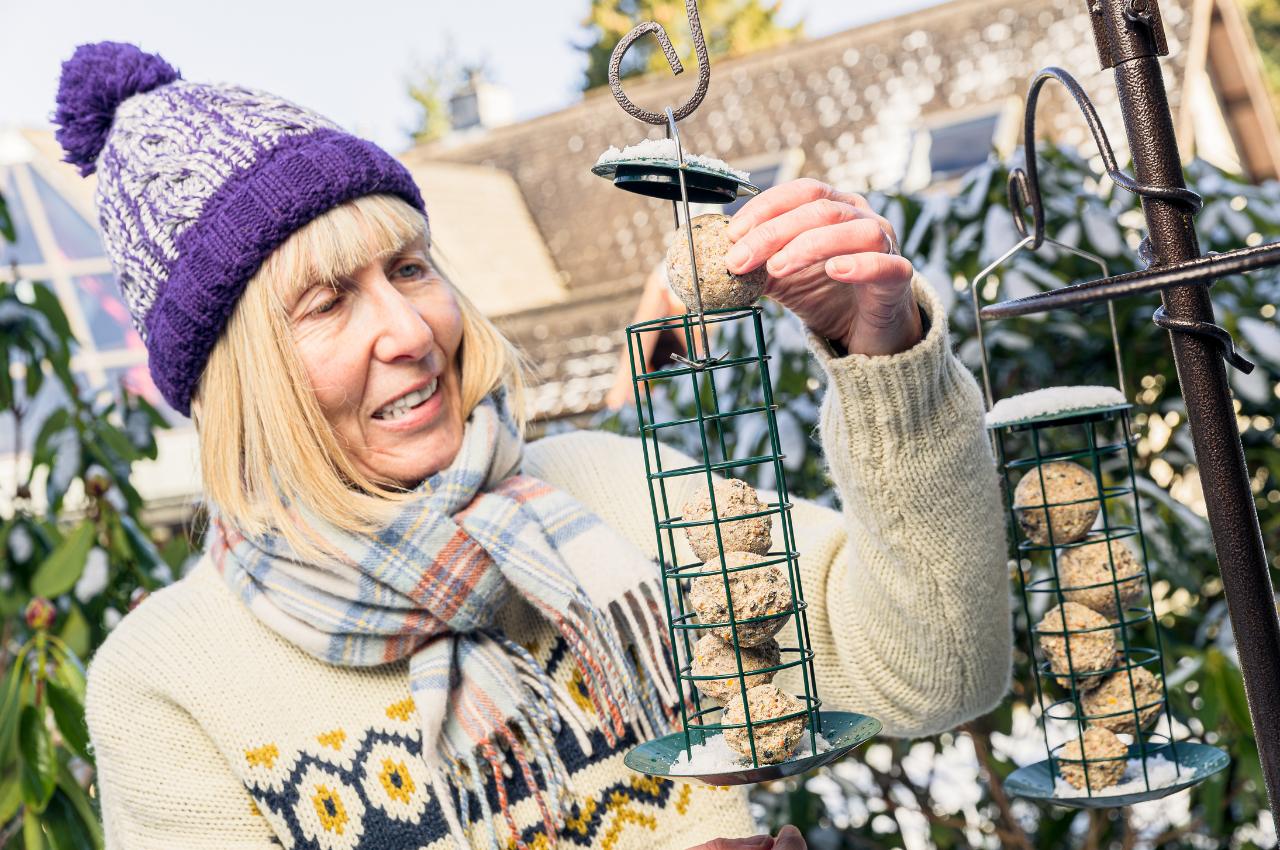
Best Time to Put Out Bird Food: A Seasonal Guide to Feeding Birds
The best time to put out bird food is early in the morning and late in the afternoon. Birds are most active during these times, refuelling their energy. Here’s the optimal feeding times and seasonal advice to help you support your local birdlife.
Key Points
- Feed birds early in the morning and late in the afternoon and they’ll have the energy to thrive through the day and night.
- Adapt your bird feeding to each season and birds will get the right nutrition, high energy in winter and safe options in spring and summer.
- Provide clean water and deter predators and it’s a safe and welcoming environment for birds to be in your garden.
Early Morning Feeding
There’s something special about the early morning, a time when the world wakes up and so do the birds. As the first light breaks the dawn chorus begins – a symphony of chirps and songs that signal the start of a new day. For birds this is a critical time to replenish the energy they lost overnight. Emerging from their roosts birds are on a mission to find food to top up their energy levels. This is the busiest time of day at the feeders.
Imagine waking up to the sweet songs of birds greeting the new day, knowing your bird feeder is part of their morning routine. Making bird food available early gives birds a vital resource to regain their strength. Feeding birds early in the morning is being part of a beautiful cycle of nature.
Birds rely heavily on these early morning small birds feed to set the tone for their day. Missing out on this early meal means they have to work harder to find food later on, which can be especially tough in colder months.
Put your bird feeders out at dawn to support wild birds as they get through their day.
Late Afternoon Top-Up
As the day wears on and the sun sets birds turn their attention to feeding again. The late afternoon is a critical time for our feathered friends to top up their fat reserves, which are essential for surviving the night ahead. Smaller bird species in particular need to feed all day to maintain their fat levels, especially in the harsh winter months. Feel good knowing your late afternoon top up helps the birds prepare for the night. Refill your feeders in the late afternoon and give the birds the energy to get through the night. Consistency makes a big difference especially for smaller species that need frequent feeding.
Make sure your feeders are topped up with fresh bird food before the afternoon feeding. A Bird Seed Mix is perfect for this time of year or add additional suet pellets as it gives the birds the extra boost they need to get through the night. Take a minute in the late afternoon to check and refill your feeders and know you’re making a big impact.
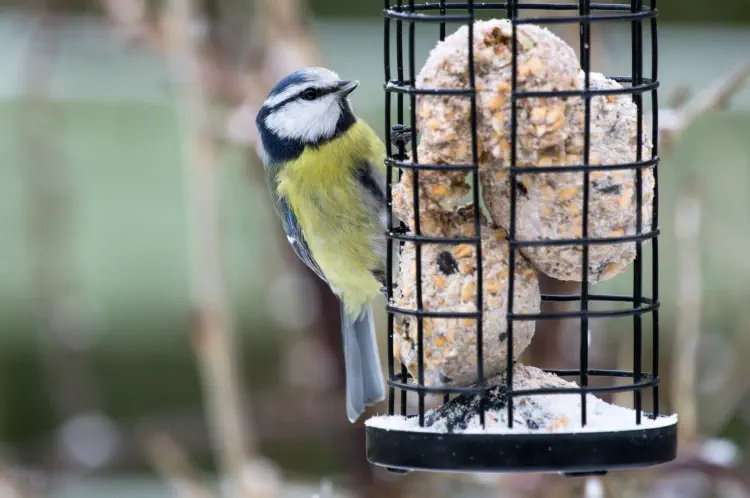
Seasonal Feeding Tips
Feeding birds is a year round commitment but you need to adapt your strategy to the seasons. Different times of the year bring different challenges and opportunities for wildlife. By understanding these seasonal nuances you can make sure your bird feeding is as effective as possible.
Here are the specific tips for winter, spring and summer and autumn feeding. Each season requires a different approach from high energy foods in winter to safe and nutritious options in spring and summer. Find out how to adapt your bird feeding to the needs of the birds all year round.
Winter Feeding
Winter is scarcity time for many birds so high energy foods are crucial to keep them going through the cold weather. Fat cakes and suet balls are great options as they are a concentrated source of energy. These foods are especially good when natural sources are scarce.
Bird feeders can be a lifeline for garden birds in winter. Suet ball feeders are brilliant for providing essential fats that help the birds maintain their energy levels without overloading them during the day. Sunflower seeds are also a great option, attracting a range of bird species and giving them the nutrients they need.
Don’t forget about water! In winter water sources can freeze so birds can’t find fresh water. Make sure to break up ice in water containers so birds have access to clean water. Avoid using anti-freeze as it’s harmful to birds. Providing food and water gives birds the best chance of survival during harsh months.
Spring and Summer Feeding
As the days get warmer and longer the feeding needs of the birds change. Spring and summer is for nesting and raising young so safe and nutritious food is what’s needed. One important tip is to avoid feeding hard bread and fat balls during these seasons as they can be harmful to nestlings. Nyjer seeds are a great option in spring and summer especially for small finches like Goldfinches. These tiny seeds are packed with nutrients perfect for these delicate birds. Offering Nyjer seeds is a valuable food source that supports their health and growth.
In warmer months provide food that supports the birds as they prepare to raise their young. Safe and nutritious options will give the next generation of birds the best start in life. Stock feeders and keep water sources clean for visiting birds during this busy time.
Autumn Feeding
As autumn progresses get your feathered friends ready for winter. Adjust your feeding routine to help the birds build up for the winter ahead. Food and water is still important during this transition period.
Many garden birds like blue tits and house sparrows will benefit from a consistent supply of food as they prepare for winter. Most garden birds including blue tit sunflower seeds are top choice, giving them the fats and nutrients to build up their energy reserves. Keep an eye on your feeders and be ready to change the types of food as the season changes.
Autumn is also a great time to attract more birds to your garden by offering a variety of food. Apples, peanuts and seeds will attract different species and increase the biodiversity of your garden. A consistent and varied food supply will help the birds thrive as they prepare for winter’s challenges.
Fresh Water
Water is just as important as food for birds, it plays a vital role in their hydration and feather maintenance. Birds need clean water to drink and to bathe which helps them keep their feathers in good condition. A well maintained water source is essential for their overall health and wellbeing.
In the summer months water can become contaminated quickly so multiple changes throughout the day are necessary. Keeping water containers clean and filled with fresh water prevents disease transmission among birds. Regularly maintaining water sources has a big impact on the health of visiting birds.
Placing water containers at ground level will attract a variety of wildlife to your garden and increase the diversity of your garden’s ecosystem. Whether it’s a birdbath or a simple bowl, providing fresh water is a small but big way to support local wildlife and keep your garden a haven for birds and other creatures.

Deterrents
While feeding birds is rewarding it also comes with the challenge of deterring predators like squirrels and larger birds. Nut feeders made of rigid steel mesh prevent squirrels from accessing food, reserving it for intended visitors. These feeders also keep larger birds at bay, allowing smaller species to feed in peace.
One way to reduce competition for food is to offer squirrels their own feeder with peanuts or corn. By providing an alternative food source you can distract squirrels from your bird feeders and potentially reduce their interest in the bird food. Bird seed blends with safflower seeds are less appealing to squirrels and keep them away from feeders.
Keeping a clean yard by clearing fallen seeds will minimise attraction for squirrels and other rodents. By taking these steps you can create a safer and more inviting environment for your garden birds and they can feed without constant disruption from predators.
Conclusion
Feeding birds is a fun and impactful way to connect with nature. By knowing the best times to put out bird food and adjusting your strategy for the seasons you can support your local birdlife. Early morning and late afternoon feedings and seasonal adjustments will give your feathered friends the nutrients and energy they need to thrive.
Remember every effort you make – from providing fresh water to deterring predators – contributes to creating a haven for wild birds in your garden. Let’s keep nurturing and supporting our avian visitors all year round and make our gardens a haven for wildlife.
Frequently Asked Questions
When are birds most active?
- Answer: Birds are most active in the early morning hours especially in spring when their dawn chorus is in full swing. So set your alarm early and enjoy the symphony of nature!
Why do birds disappear from feeders?
- Answer: Birds may disappear from feeders because of new predators or disturbances in the area like cats or noisy dogs. Keep an eye on your surroundings and create a safe and welcoming space for them again!
Why is early morning feeding important for birds?
- Answer: Early morning feeding is vital for birds as it helps them replenish their energy and start their day. Watching them gather at feeders during the dawn chorus is a beautiful reminder of nature!
Why should I top up bird feeders in the late afternoon?
- Answer: Top up your bird feeders in the late afternoon to help birds build up fat reserves for the night. It’s an easy way to support their energy needs and enjoy nature in your own backyard!
What should I feed in winter?
- Answer: High energy foods like fat cakes, suet balls and sunflower seeds are the key to keeping birds nourished and healthy in winter. These will support their energy needs.
